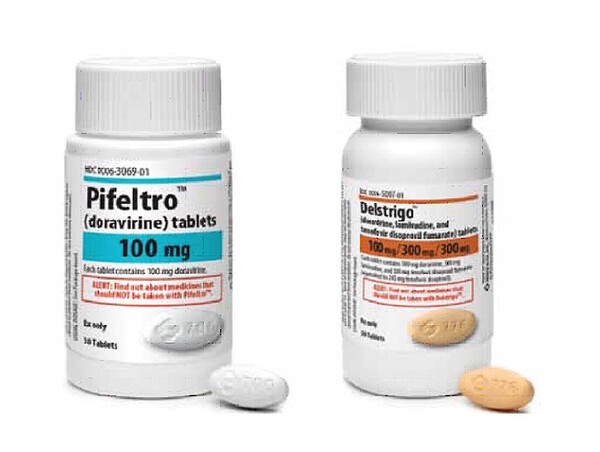Calls are mounting for more flexibility in the post-marketing surveillance (PMS) system for drugs with limited patient populations, such as HIV medicines.
The recent decision by the Central Pharmaceutical Review Committee (CPRC) under the Ministry of Food and Drug Safety (MFDS) to grant an exception to the PMS for doravirine monotherapy (trademark name: Pifeltro) by reducing the number of case studies to just one episode shows that the current system is out of step with clinical reality.

Earlier this month, the CPRC found it reasonable to accept the proposed change to reduce the number of PMS cases for doravirine monotherapy to one, a significant cut from the original plan. This reflects the prescribing characteristics of the drug and the realities of clinical use.
Doravirine is a non-nucleoside reverse transcriptase inhibitor (NNRTI) used in a limited capacity as an alternative therapy when first-line standard of care integrase strand transfer inhibitors (INSTIs) are unavailable, and is commonly prescribed as a three-drug combination (e.g., Delstrigo) rather than alone.
"As doravirine monotherapy is rarely prescribed and the same dose is used in the combination, it is appropriate to use the post-marketing surveillance data from the combination to assess the safety of the monotherapy," the committee members said.
At the same time, they required the company to thoroughly implement complementary measures, such as collecting data from the Korea Institute for Drug Safety and Risk Management (KIDS) and submitting the latest periodic safety update report (PSUR).
Such an exemption was previously granted in the case of Truvada (emtricitabine/tenofovir disoproxil fumarate).
Truvada, used for HIV pre-exposure prophylaxis (PrEP), was placed under review in 2019 and was granted an extension of the PMS study and a downward adjustment to the number of cases in 2022 by the CPRC after low patient numbers and limited reimbursement criteria made it difficult to secure cases. In 2024, the decision was made to further reduce the target number of cases due to difficulties in recruiting patients, thereby allowing the drug to maintain its domestic approval.
Experts have maintained that for drugs that are difficult to recruit patients for, adhering to the existing reexamination criteria could lead to the revocation of the license; therefore, it is inevitable that the system should be flexible. In particular, it is nearly impossible to secure the number of cases within the prescribed period for rare diseases, drugs that require combination treatment, and new drugs with low market share.
In response to these issues, the MFDS has pushed to revise the system in ways to abolish the new drug review system starting February 2025 and switch to a risk management plan (RMP). From now on, customized safety data will be collected and managed from the approval stage, reflecting the characteristics of the drug.
The doravirine case was decided in a transitional situation before the reexamination system was abolished, and is expected to serve as a reference point for similar cases in the future.
“Doravirine monotherapy is a useful alternative in certain situations, such as resistance and adverse events, and should remain on the market," the CPRC emphasized, explaining that the decision was based on a balance between access to treatment and ensuring safety.

